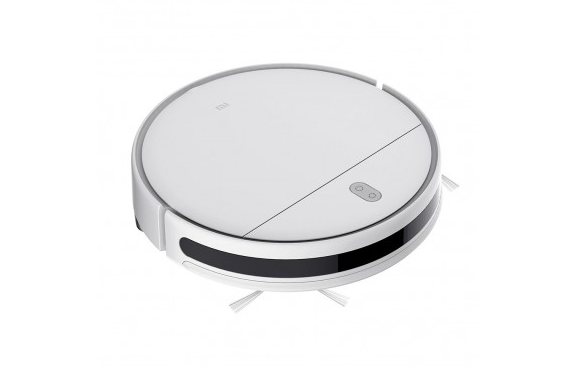My friend's mum bought a smart robot vacuum cleaner recently. It looks like a small white spaceship from Star Wars, sort of sleek Millennium Falcon that sweeps (literally) around the house cleaning the floor. It seems that some studies have found that people find it difficult to connect with "beings" that don't have any eyes (I guess that's why the old-fashioned vacuum cleaner at my grandparent's house had some eyes printed on one of its sides), but my friend's mum has humanized this robot, and she calls it Henry. She even talks to Henry, telling it "Clean under this table" or "Over that corner, Henry", as if Henry could understand. But the robot does its own thing and cleans wherever it feels like, that's what my friend's mum says: "Henry is strong-willed". My friend, who is a programmer, patiently told his mum: "This vacuum cleaner has been programmed to move in a certain way, it has no will, no desire, no conscience, no thoughts. It looks like it does because it can move around avoiding obstacles and walls, but a smart car does the same thing when you park it."
That got me thinking that these "electronic friends" are very helpful with daily chores, but they can also take away jobs, let's face it. These smart vacuum cleaners are a great invention, and an example of the technology that has entered our homes, making our lives easier. But there could also be occasions when we have more technology than could be considered healthy: toothbrushes that connect to the Internet, recording how many times a day we brush our teeth and how much toothpaste we use; there is a tampon that warns you over Bluetooth when it needs changing; smart pans that inform you about the temperature and weight of the food being cooked,...
On the Internet of things, where everything is interconnected, measured, registered, recorded, and weighed, objects will end up being smarter than human beings (some of them might already be).
